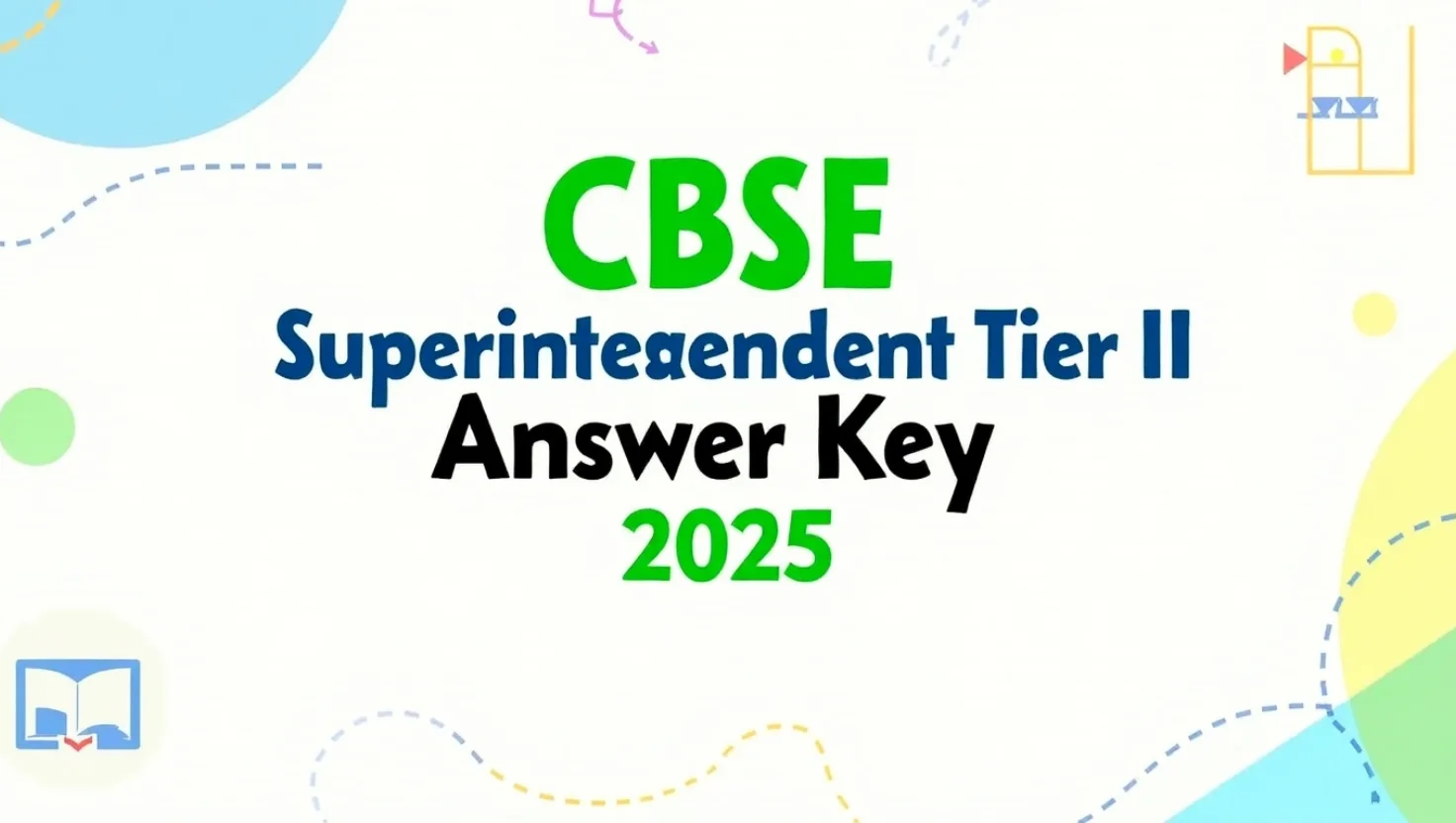The JEE Main 2018 Paper I held on 15th April was one of the official online exams conducted by CBSE that year. Unlike the offline paper held on 8th April, this one was computer-based and followed the same structure: 90 questions divided equally among Physics, Chemistry and Mathematics. Each correct answer carried 4 marks while each wrong attempt cost 1 mark. With a total of 360 marks and three hours to solve, time management and concept clarity were key to cracking this paper.
I’m writing this article because I know from personal experience how important it is to practice from actual JEE papers. Many aspirants only rely on coaching modules or mock tests, but previous year question papers give you the most realistic insight into exam trends, question difficulty, and topic weightage. The 15th April 2018 paper is especially valuable for those preparing for the computer-based format, which has now become the standard. Solving this paper not only boosts accuracy and speed but also reduces last-minute anxiety as you become familiar with how JEE really tests your basics.
JEE Main 15th April 2018 – Paper Overview
Here’s a quick breakdown of the pattern:
- Exam Mode: Online (Computer-Based Test)
- Total Questions: 90
- Subjects Covered:
- Physics: 30 questions
- Chemistry: 30 questions
- Mathematics: 30 questions
- Marks Distribution: +4 for each correct answer, -1 for each incorrect one
- Total Marks: 360
- Duration: 3 hours
This paper was considered to be moderate in terms of difficulty. While Chemistry was largely theory-based and easy for those thorough with NCERT, Maths and Physics had a mix of conceptual and tricky numerical questions.
Subject-Wise Analysis
Physics
Physics had a balanced mix of Class 11 and Class 12 topics. There were conceptual questions from Electrodynamics and Modern Physics, along with calculative problems from Mechanics.
Key Chapters:
- Current Electricity
- Electrostatics
- Ray Optics
- Thermodynamics
Chemistry
As usual, Chemistry was the easiest and scoring section. NCERT-based questions dominated the paper, especially in the Inorganic portion. Physical Chemistry involved basic calculations and formulas.
Important Areas:
- Organic Reactions and Mechanisms
- Coordination Compounds
- Chemical Bonding
- Environmental Chemistry
Mathematics
This section had the highest difficulty level in the paper. A few questions were lengthy, involving multi-step calculations. Topics like Calculus and Probability featured prominently.
Weightage Topics:
- Definite Integration
- 3D Geometry
- Probability
- Complex Numbers
Why This Paper Is Worth Solving
There are many mock tests available today, but nothing beats solving the original question papers. The 15th April 2018 JEE Main paper gives a clear idea about how topics are framed into real exam questions. You’ll notice how often JEE reuses question patterns or logic, and you’ll be able to pick up on those if you practise actual papers.
Also, since this paper was conducted online, it gives you a better idea of how to manage time and accuracy on the digital interface, something you can simulate at home using a timer and PDF version of the paper.
Download PDF
Click here to download the JEE Main 2018 Paper I (15th April) PDF
(Replace with your working download link)
Final Thoughts
If you’re serious about your JEE Main preparation, going through previous year papers should be part of your regular study plan. The 15th April 2018 paper is a great resource to check your preparation level and understand what the actual exam feels like. Use it to practice under timed conditions and then analyse your mistakes carefully. That one practice session could make a big difference in your final score. Stay consistent and keep solving.



















